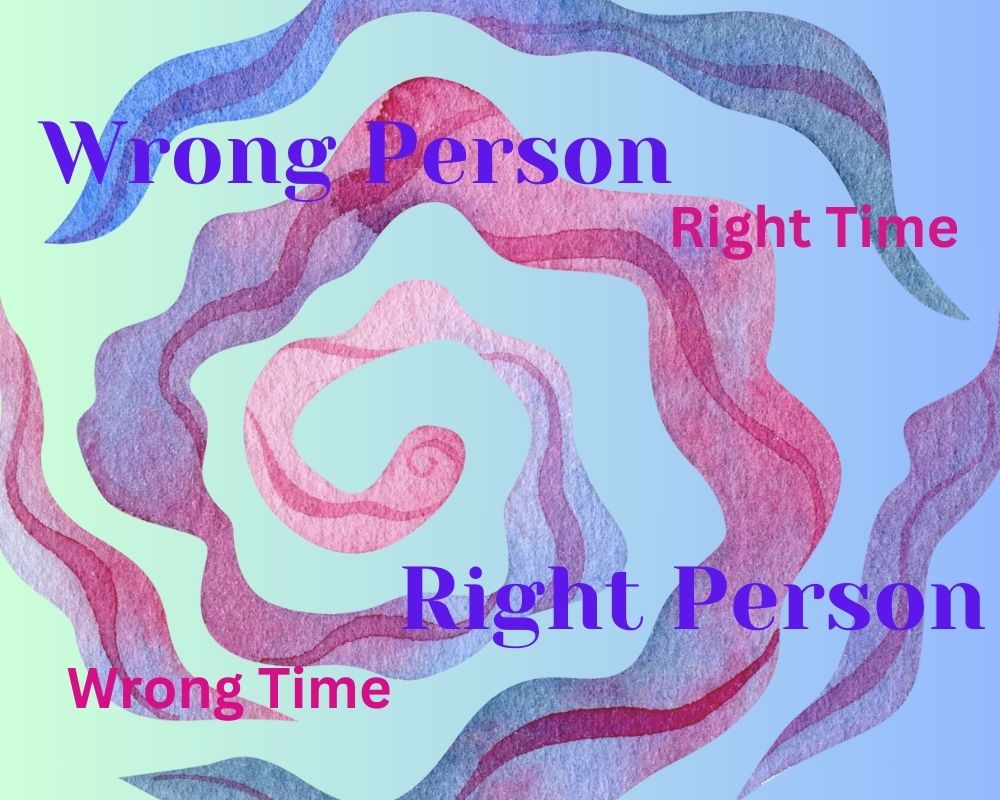
Table of Contents
Sustainability, the Global Mantra
Extreme heat waves, forest fires, rising sea levels, incessant downpours, tornadoes, etc. Name it and each of these nature’s fury draws our attention to the global buzzword called sustainability. Sustainability of the mankind and the world, in the times of global warming! A world increasingly becoming conscious of environmental footprint is arising from the slumber with quests to address the issues with the R’s: Refuse, Reduce, Reuse, Repair, Recycle, Rethink, Regenerate, Respect, Reflect, Rejoice, Repurpose, Reclaim, Reinvent, Restore, and Resilience.
Yes, sustainability is the global mantra today, and every conscience-driven individual endeavours to work on these. Sustainability is not just about what we consume but it’s a reflection of how we perceive our relationship with earth. It’s not merely calling plastic straws the villain or electric cars the hero. Sustainability is going beyond mere thoughtful consumption and adding thoughtful action to whatever we do. It is beyond conserving resources or reducing waste.
The R’s of Sustainability
Ever declined a plastic bag at the retail stores or took your own fabric bag to the store? Did you merely act responsibly towards the environment or was it a defiance against the throwaway culture? Reflect upon the notion of sustainability and think which R you used to create a responsible connection with the earth. Let’s discuss the philosophical underpinnings of these Rs to understand our relationship with our nature – who we are, and who we aspire to be.
Refuse: Refusing things that we get for free is difficult. It’s like refusing the extra puchka (spicy Indian dish) at the end, that our tempting buds cannot spare to go without. But refusing the extra or the unnecessary ones is the first step to sustainability. It’s about exercising our agency and acknowledging that every choice we make has a ripple effect on the planet. Refusing isn’t just about rejecting plastic or the non-biodegradable items but it’s about rejecting the mindset that consumption is equal to happiness. A thought for those who flex philosophy on sustainability but jump at the thought of buffet course for free.
Reduce: In times where our society is consumer-driven, reducing feels like going against the tide. But practising “less is more” is a virtue in accordance with nature. Rejecting or reducing excess is not deprivation but it’s about embracing simplicity and discerning what truly adds value to our lives. Reducing does better to your mind than lightening our environmental footprint. It declutters our homes and minds making space for what genuinely matters.
Reuse: Reusing is about transformation and renewal. It’s the phoenix of sustainability that brings old things to life. Reusing is about seeing the creative aspect and potential of a thing. Consider putting the milk can to use as a planter or your old t-shirt as a tote bag and you have done your part in nibbing the disposable culture at the bud.
Repair: Opposite of throwaway culture is repairing – the act of valuing what we have and acknowledging the effort that went into creating it. It’s a battle against the culture of planned obsolescence. As an example, it could be teaching our children to fix the cycle seat rather than disposing it and promising a new bike. It’s about valuing durability.
Recycle: Recycling is about responsibility and renewal. Mistake it not as a panacea for all environmental woes, but consider it as the last resort. When we recycle, we become conscious of the materials we use and ensure that materials find their way back into the production loop and not the landfill.
Rethink: Change perspectives. Yes, you heard it right. Considering the broader implications of our actions and exploring new ways of living sustainably can be a bit of our effort to reduce the carbon footprint. When we rethink, we explore the possibility of innovation and envision a future that aligns with our principles. It can bring a paradigm shift in our behaviours and consumer culture.
Regenerate: Regeneration is about becoming a part of the natural world by creating harmony and balance. It involves actions like rewilding, permaculture, and conservation. It’s about giving more to our earth than we take. It’s a reminder that sustainability is about thriving together. Every tree we plant today can absorb a portion of carbon dioxide, making trees the best carbon sinks on the planet.
Respect: Respect is the foundation upon which all the Rs are built. It’s only because the 5% tribal population of the world has respectful stewardship of the land, they protect 80% of the global biodiversity today. Respecting comes from empathy and understanding that we are interdependent.
Reflect: Reflection is the source of ethical decision making. When we pause and reflect our actions, we understand the impact we create on earth. It brings greater mindfulness about our actions and work out actions that are beneficial for all.
Rejoice: Sustainability isn’t just about hard work and sacrifice; it’s also about joy and celebration. Rejoicing acknowledges the victories, big and small, and keeps us motivated. A simple act of rejoicing on the occasion of Earth Day would inspire others to join the movement and contribute their bit to sustainability.
Repurpose: Repurposing is to find other ways to use an item instead of discarding it. It is about adaptability and resourcefulness. Repurposing is converting shipping containers into homes, offices, and even swimming pools. It is about converting train coaches into hospital on wheels during COVID times. India was an example to the world. Repurposing is to challenge our minds to create things out of the box from discarded items.
Reclaim: Cleaning polluted lakes to salvaging materials from scrapped mobiles and computers or from damaged buildings to put it to other use is reclaiming. It’s about recognizing that even the most neglected resources can have value and purpose. It helps utilise resources wisely and do environmental justice.
Reinvent: Electric car is an example of leading the charge in the automotive industry’s reinvention towards sustainability. Our drive to clean energy or green energy is reinventing the energy issue with a fresh purpose. Sustainable dress or hypnotic digital dresses are orientation towards finding new solutions. Reinvention asks us to be bold and imaginative.
Reducing carbon footprint is not just a goal for the philosophical minds. These 13 Rs are not the limit. Choices matter, and as we integrate ourselves more into living in harmony with nature, we stumble upon new Rs to push forward the message of sustainability to the world.


